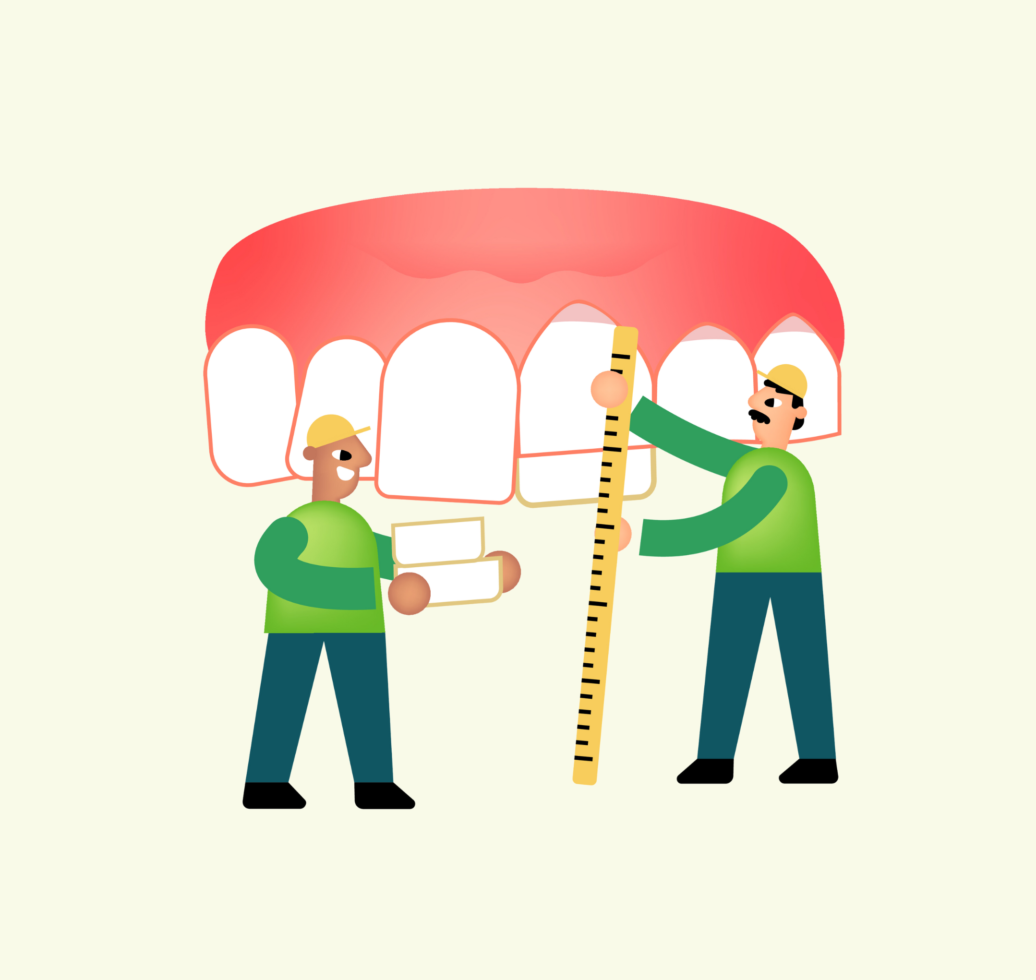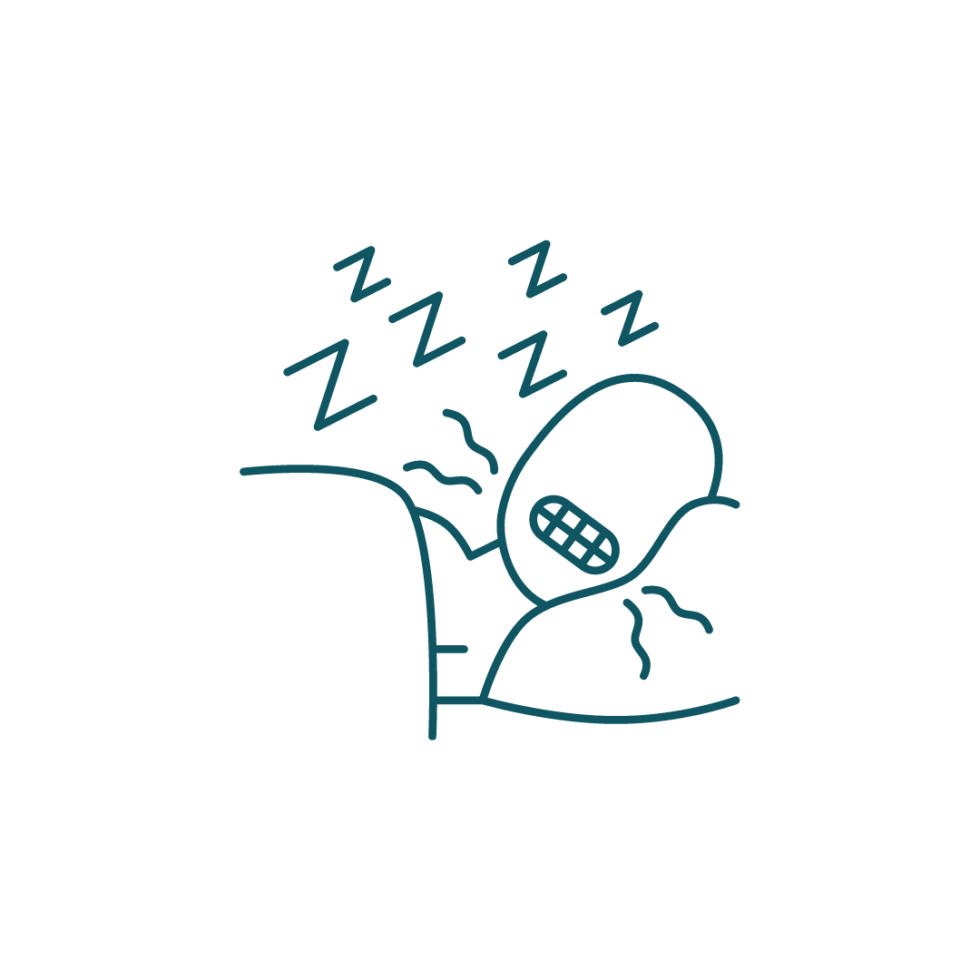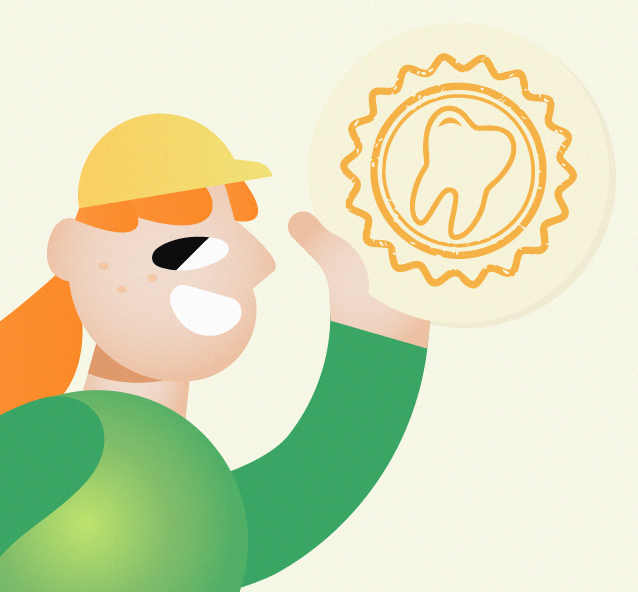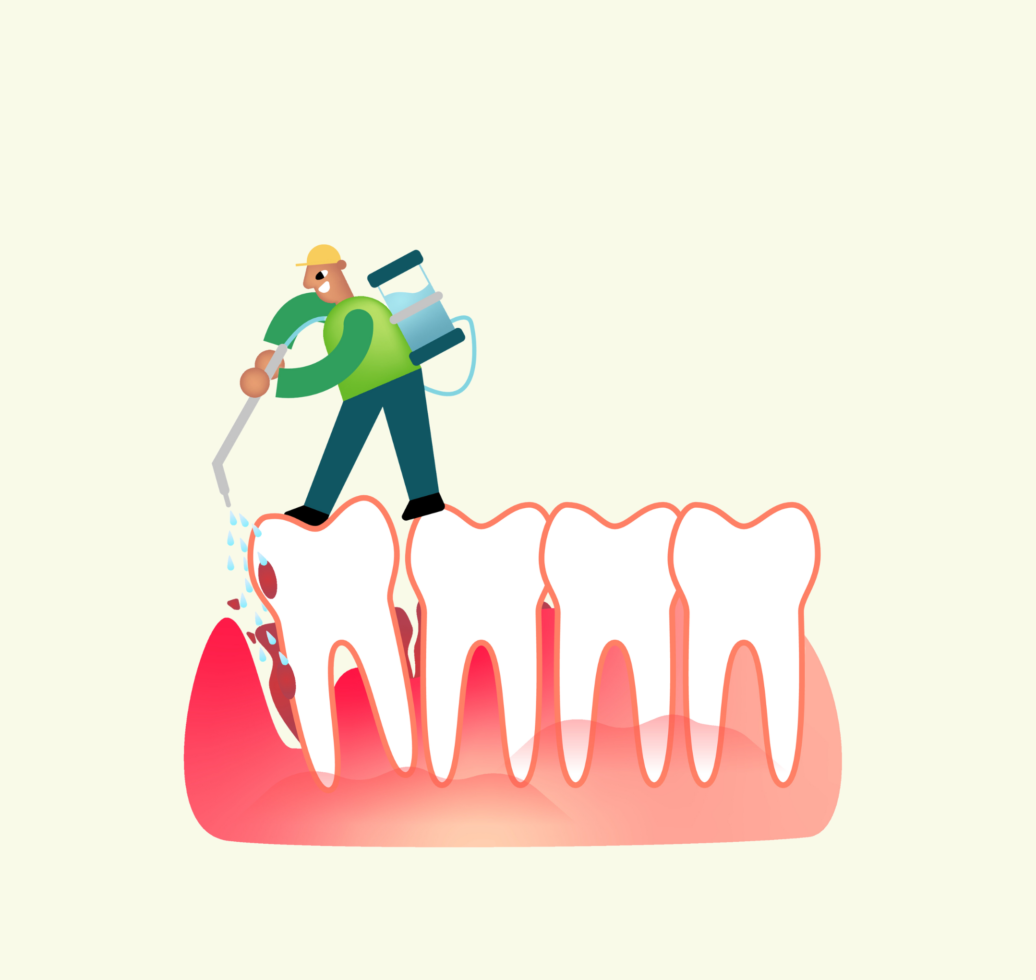Bruxism: what is it?
Bruxism is the involuntary clenching or grinding of teeth, often during sleep. This constant friction can change your smile, wearing down your teeth (including front teeth). It can also affect the muscles and joints involved (temporomandibular), leading to tension and discomfort.
what happens if bruxism goes untreated?
Untreated bruxism can cause moderate wear of tooth enamel and dentin. It can also cause fractured and/or cracked teeth, headaches and jaw pain, and thus interfere with chewing. The quality of your sleep can also be affected by bruxism.
Tooth wear caused by bruxism affects your sleep and affects approximately :
8-10% of the population is affected by bruxism.
Everything you need to know about bruxism:
How does the dentist treat bruxism?
We offer solutions for bruxism, such as custom-made aligners to protect teeth and reduce pressure.
For advanced bruxism, we offer restorative solutions such as fillings (enamel-colored composite), onlays/inlays and crowns. These are always combined with a protective gutter.
In rare cases, bruxism can be linked to tooth alignment. Orthodontics can offer solutions.
How can I limit the wear and tear on my teeth caused by bruxism?
Here’s our advice:
- Avoid excessive caffeine and alcohol consumption, which can aggravate bruxism.
- Consult a dental professional if you experience jaw pain, headaches or signs of teeth grinding.
- Tip: remember to relax your jaw! Simply place small visual cues where you spend a lot of time (computer, telephone, mirrors, car, etc.). So every time you see it, you’ll think about loosening your teeth.
When should I consult?
We recommend visiting your dentist at least once or twice a year, even if there are no apparent symptoms. However, when you feel tension or muscle pain in your jaw, fatigue due to disturbed sleep, headaches, dental hypersensitivity, or your partner hears you grinding your teeth in your sleep, or if you notice premature wear of your teeth, it’s important to consult your dentist promptly.








